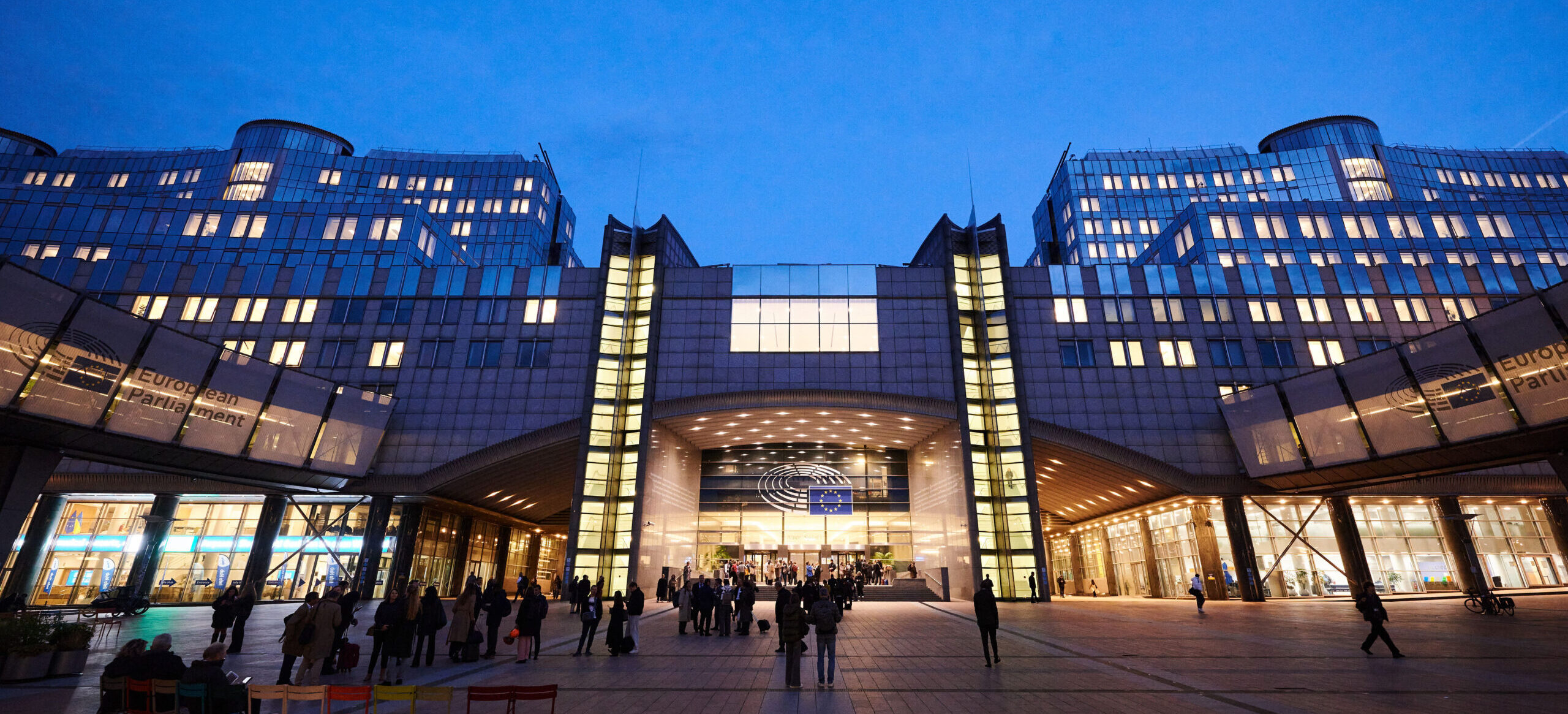
Strengthening market surveillance is essential to competitiveness
Wednesday 5 November: Industry leaders and policymakers gathered for a European Forum for Manufacturing debate on Enforcement and Surveillance of the EU's Single Market in the European Parliament organised in partnership with Orgalim. Those gathered agreed that improvements to the EU’s market surveillance system would boost Europe’s competitiveness.
Orgalim Council President Javier Ormazabal, CEO of Velatia, emphasised that competitiveness lies at the heart of Europe’s industrial future and that fair, effective enforcement of market rules is essential to maintaining it.
To my fellow makers, creators and innovators across Europe: Thank you for producing the tools and technology that will power us into a sustainable and digital future. We take pride in our work. Yet we are being tested by a system that often lets us down and rewards those who cut corners.
European manufacturers are global leaders in quality, safety and sustainability. Behind every product, the organisation noted, stand teams of highly skilled engineers, designers, and technicians committed to excellence and to Europe’s green and digital transitions.
However, Orgalim warned that this commitment is increasingly undermined by weaknesses in the EU’s market surveillance system. While European manufacturers work hard to meet strict EU standards, non-compliant products continue to enter the market unchecked, creating an uneven playing field and putting compliant businesses at a disadvantage.
“Substandard products that do not meet EU safety and sustainability rules are flooding the market,” the organisation said. “This damages legitimate European companies, erodes consumer trust, and slows the transition to a sustainable, competitive industrial base.”
Orgalim called for more rigorous and harmonised market surveillance across the EU. Member States, which are responsible for conducting checks, need to allocate sufficient resources and cooperate more effectively. The European Commission, meanwhile, should ensure consistency and accountability across national systems.
Closer coordination between customs authorities and market surveillance bodies was highlighted as a key priority to strengthen controls at the EU’s external borders. “With proper checks, compliant products will dominate the market – rewarding those who follow the rules and protecting Europe’s industrial integrity,” Orgalim stated.
Beyond fairness, the discussion also linked market surveillance to the EU’s sustainability goals. Many of the new regulatory requirements introduced under the Green Deal are designed to raise environmental standards. Yet if non-compliant imports go unchecked, Europe’s climate objectives are undermined.
To deliver a stronger system, many of the speakers highlighted the same recommendations to policymakers:
- Increase both the number and quality of checks, particularly for business-to-business products, to ensure that all goods on the EU market comply with existing legislation;
- Harness the potential of digitalisation, including initiatives such as the Digital Product Passport, to make surveillance more efficient. Digital tools, however, must complement (rather than replace) physical inspections; and
- Strengthen deterrents and transparency, through tougher penalties for non-compliance, improved public reporting, and greater investment in EU testing facilities.
All reiterated their own commitments to supporting a robust Single Market that rewards excellence and integrity, recognising that strengthening market surveillance is not only an economic necessity, but also a foundation for building a smart, sustainable and secure European future.
Europe’s manufacturers can compete on innovation, quality and sustainability, but only if everyone plays by the same rules.